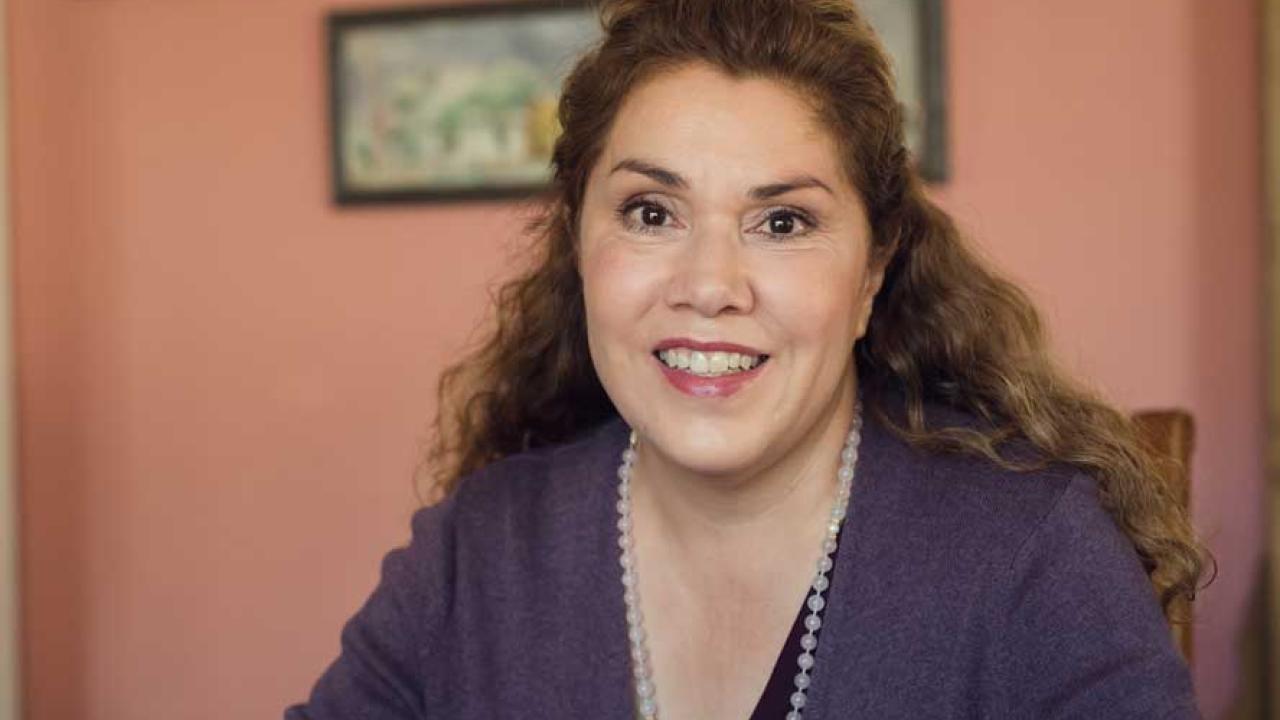UC Davis Historian Explains a Pivotal Moment in the Chicano Movement
Even as protests erupt throughout the country this summer, one that happened 50 years ago played a pivotal role in starting a movement. On the NPR Podcast, “It’s Been a Minute,” with Sam Sanders, producers explored protests now and in history. They interviewed UC Davis Professor of History Lorena Oropeza, an expert on the Chicano movement, about the Chicano Moratorium protest.
Thousands of people — Mexican Americans, whites and Native Americans — took to the streets of Los Angeles on Aug. 29, 1970 to rally against the Vietnam War and call out the disproportionate number of casualties of Mexican Americans in that war. That protest was commemorated this year too in a peaceful demonstration.
The 1970 Chicano Moratorium ended in 200 arrests, many injuries and three deaths, including that of journalist Rubén Salazar, a Los Angeles Times columnist and local Spanish-language television reporter. Violence erupted, Oropeza explained, after protestors went to a liquor store to buy beverages on that hot day, and the merchant sounded an alarm for fear he was being robbed. Police showed up and tragedy followed.
Oropeza, in the podcast, explained that the protest was not only about the war but also about educational inequities, the “reality of poverty” for many Chicanos and the basic struggle for equal rights taking place in a land that once belonged to Mexico. It was a turning point for the Chicano movement, she said.
In another interview, in the Los Angeles Times, she said:
“You had young activists recognizing that this was an unjust war, and recognizing it was taking an unjust toll on people of color in the United States.”
“What they really did was flip this military tradition of saying, ‘We served, treat us right, treat us as equals’ and said, ‘Why do we have to die to be treated as equals?’”
Read about and listen to the podcast interview here. (The story about the historic protest begins at 14 minutes, 30 seconds). She was also featured on the Pasadena NPR affiliate, here, and appeared in various media on the topic.
Lorena Oropeza is professor of history at the University of California, Davis, where her research focuses on Mexican-American and Chicanx history and 1960 social protest; she is the author of several books, including “¡Raza Sí! ¡Guerra No!: Chicano Protest and Patriotism During the Vietnam War Era” (University of California Press, 2005) She was also recently appointed interim vice chancellor for academic diversity at UC Davis.
